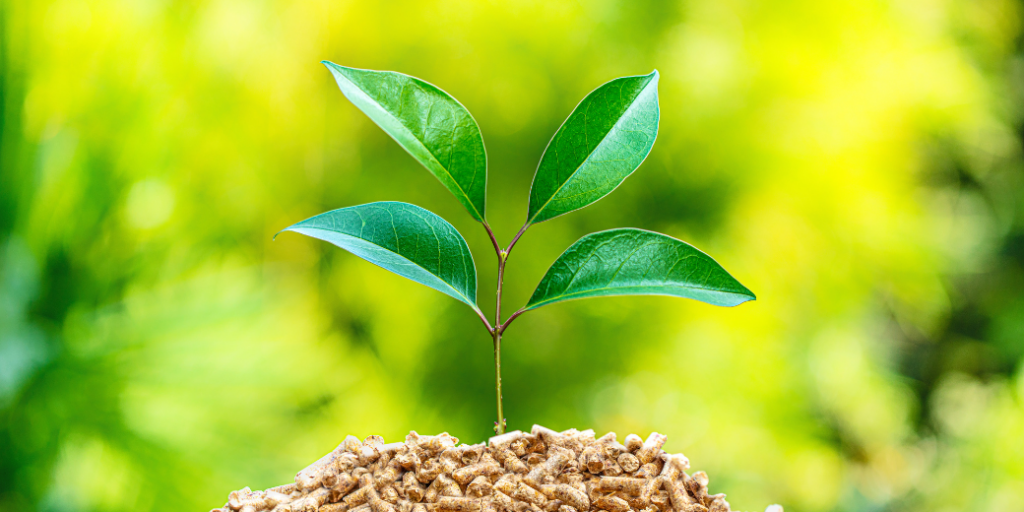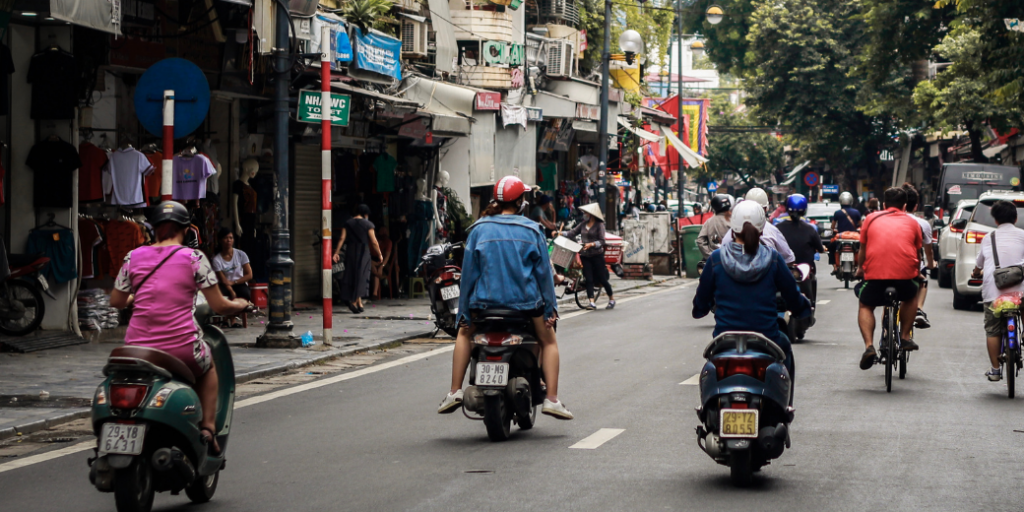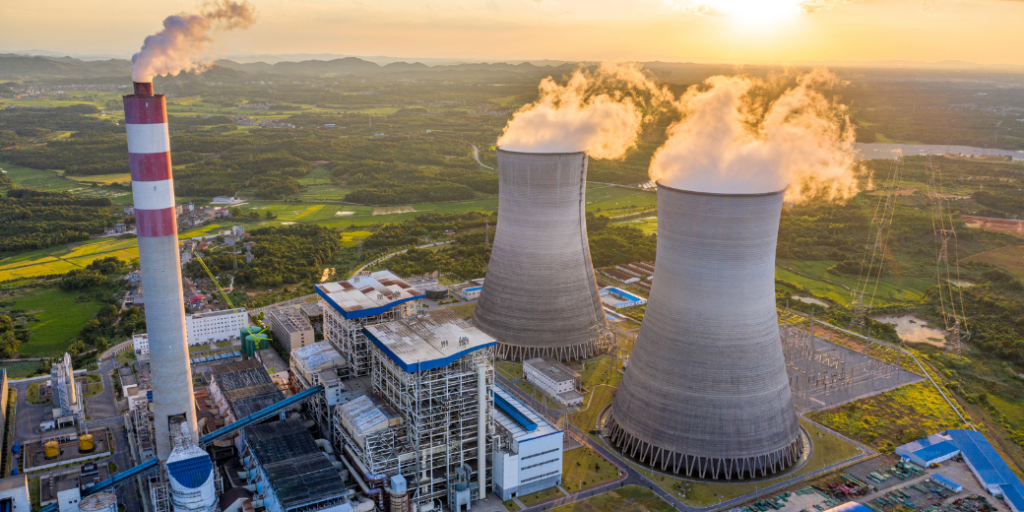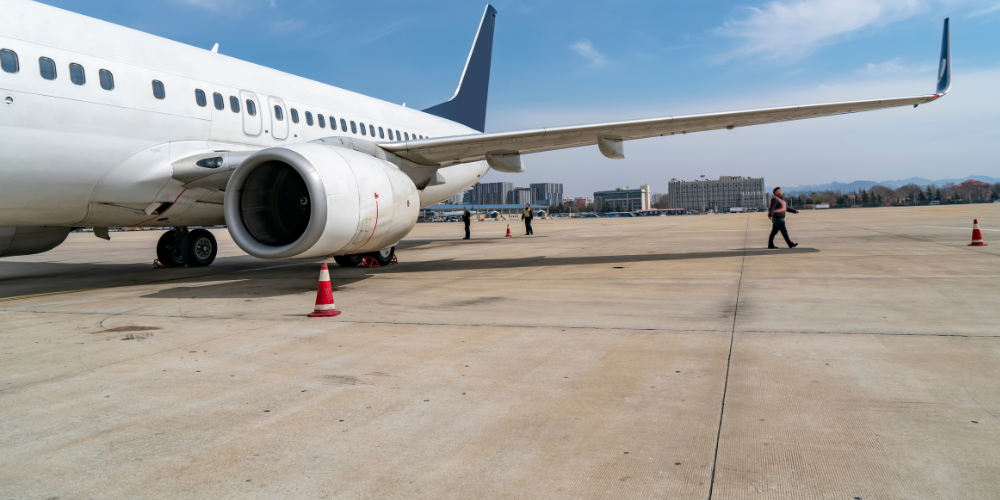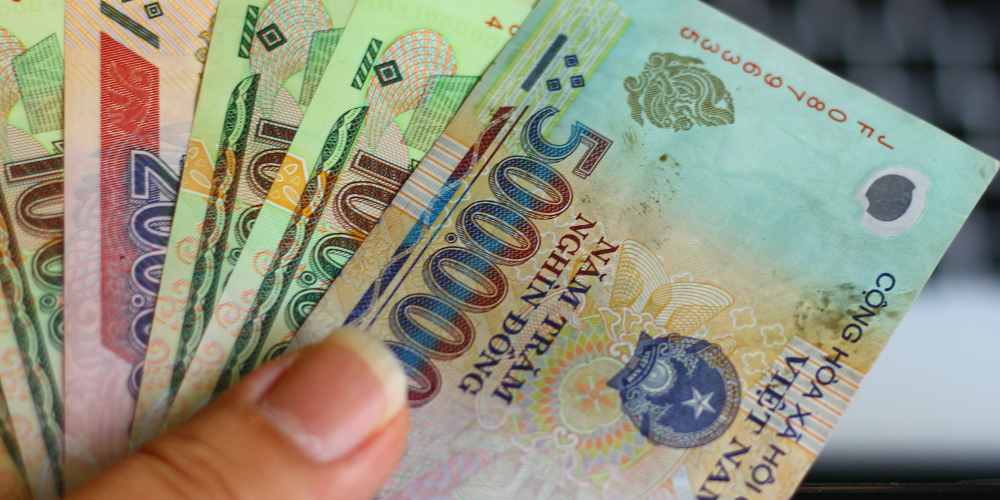Industry Reports
Biofuel in Malaysia
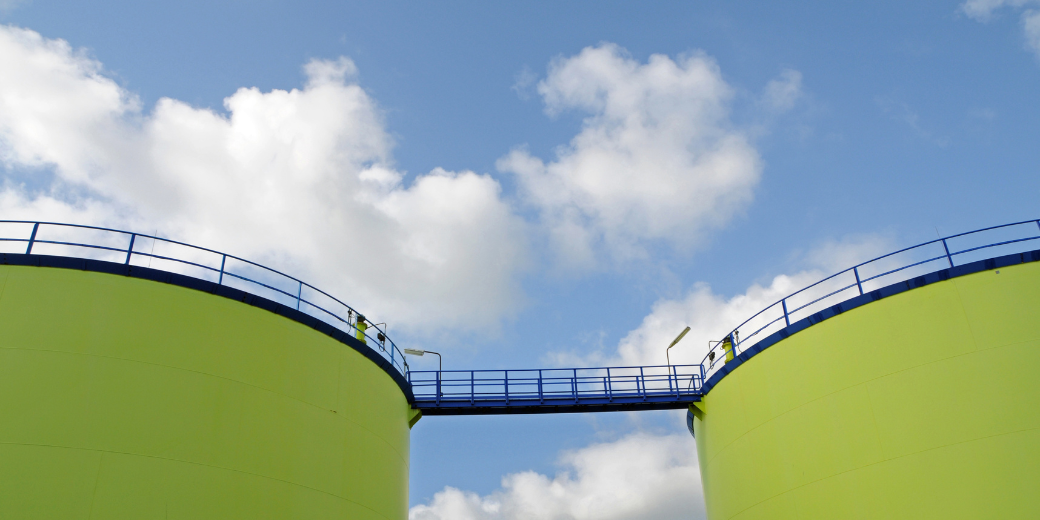
Summary
Biofuel growth surges globally, while ASEAN nations like Thailand and Malaysia tackle unique production challenges and changing demand.
Biofuels: A Renewable Solution to Lower Greenhouse Gas Emissions and Support Global Energy Transition
Biofuels are renewable energy sources derived from organic feedstocks such as plants, algae, and waste materials. These fuels are gaining prominence due to their ability to reduce greenhouse gas (GHG) emissions when compared to conventional fossil fuels. Biofuels play a critical role in addressing climate change concerns and are primarily used in the transportation sector.
There are three main categories of biofuels based on the type of feedstock used:
- First-generation biofuels are made from food crops such as sugarcane, wheat, and vegetable oils. However, their production can lead to competition with food supplies.
- Second-generation biofuels utilise non-food materials like wood, grasses, and organic waste. These are often grown on marginal land, which does not compete with food production.
- Third-generation biofuels involve advanced technologies, including the use of algae, which can be specifically engineered for fuel production.
Ethanol and biodiesel are the two most common types of biofuels. Ethanol, typically blended with gasoline, helps reduce smog-causing emissions, while biodiesel, derived from vegetable oils or animal fats, can be used in standard diesel engines with little modification.
Biofuel production involves several distinct processes depending on the type of biofuel:
- Ethanol is produced through fermentation, a process where glucose is broken down anaerobically.
- Biodiesel is made via transesterification, which converts fats and oils into fuel.
- Renewable diesel is produced through hydrotreating, a process that removes oxygen from the feedstock.
Distribution of biofuels involves rail, trucks, and ships, though pipeline transportation is also possible depending on the fuel’s properties. The production of biofuels is often influenced by the public sector. Governments globally play a crucial role in promoting biofuels, often through blend mandates that require a certain percentage of biofuels in conventional fuels. As of 2022, 56 countries had implemented such mandates. The largest biofuel producers—namely the US, Brazil, and Indonesia—also offer financial incentives, tax credits, and subsidies to encourage production and consumption.
Global Biofuel Production Rises, but ASEAN Trends Show Divergence Amid COVID-19 Impacts and Feedstock Challenges
Global biofuel production is on an upward trajectory, with a CAGR of about 5% between 2020–22. The Americas, particularly North and South America, dominate production, contributing around 42% and 27%, respectively, with Asia Pacific becoming the third-largest producing region in recent years. Ethanol remains the most widely produced biofuel globally, followed by biodiesel.
In some leading ASEAN-6 biofuel producers, such as Thailand and the Philippines, the biofuel market trends diverged from global patterns during the 2020–22 period. Throughout 2020–22, Thailand’s biodiesel production and consumption fell due to a lower blending rate and the impact of COVID-19. B7 and B20 are expected to remain the primary biodiesel types, with B10 being phased out. In contrast, ethanol production and consumption rose in 2023 after declining in the previous years. Meanwhile, the Philippines’ transport sector continues to drive high fuel demand, with vehicle ownership and manufacturing steadily increasing. Ethanol production remains insufficient to meet demand, leading to continued reliance on imports, particularly from the US. While local production has grown, it cannot fully satisfy consumption needs due to feedstock limitations.
Biofuel Adoption Markedly Low; Malaysian Biofuel Production Limited to Biodiesel; the Transportation Sector Consumes the Major Portion
Malaysia’s biofuel industry is centred on biodiesel, with production reaching approximately 1 billion litres in 2022. Despite government mandates encouraging biofuel usage, adoption remains limited. This is largely due to a decline in the number of diesel-powered vehicles and concerns from vehicle owners about potential engine damage from biofuels. As a result, biodiesel manufacturers are unable to operate at full capacity. The Malaysian biofuel industry consists of fully integrated palm oil producers and downstream biofuel manufacturers, with fully integrated players enjoying a cost advantage due to better access to raw materials. Government delays in rolling out biofuel mandates have further limited consumption and industry growth.
Unlike other countries producing both ethanol and biodiesel, Malaysia focuses solely on biodiesel, given its abundant palm oil feedstock and lack of ethanol production infrastructure. The transportation sector is the largest consumer of biodiesel, accounting for 80% of domestic consumption in 2022, while industrial applications such as generators and boilers made up the remaining 20%. Although the government introduced the B20 mandate, requiring a 20% biodiesel blend for transportation, it has only been implemented in limited areas. Nationwide implementation remains delayed.
Malaysia, the world’s second-largest palm oil producer, relies heavily on palm oil as its primary biodiesel feedstock. Despite the availability of this resource, biodiesel accounted for only 1% of the nation’s total energy consumption in 2019. The growing preference for gasoline-powered vehicles, which comprised 80% of new vehicle sales in 2021, has also hampered biodiesel consumption. This trend has resulted in significant underutilisation of production capacity in the biodiesel sector.
Biodiesel production in Malaysia benefits fully integrated palm oil producers who manage the entire value chain, from plantation to biodiesel manufacturing. These players are at an advantage compared to downstream-only producers, as they have more stable access to raw materials and can better control production costs. The capital-intensive nature of the biodiesel industry, combined with low consumption, deters pure biodiesel producers from entering the market. As a result, biodiesel is often added as a complementary product by integrated producers.
Despite government efforts to promote biofuels, including the introduction of the National Biofuel Policy in 2006, the slow implementation of mandates has hindered industry growth. The B20 mandate, planned for 2020, has been delayed multiple times, with only limited regional adoption. The government’s ‘automatic pricing mechanism’ aims to make biodiesel pricing competitive with standard diesel by subsidising biofuel production costs. However, concerns from automotive manufacturers about engine compatibility with biofuel blends above 7-10% have further slowed the adoption of higher blends.
Malaysia’s Biofuel Industry Dominated by Palm Oil Producers, but Advanced Biofuels Open New Market Opportunities
The Malaysian biofuel industry is relatively concentrated, consisting of 18 biodiesel producers as of 2022. It is dominated by fully integrated palm oil producers and downstream players. Fully integrated companies, such as Sime Darby Oils Biodiesel and Genting Biodiesel, manage the entire value chain, from palm oil plantations to biodiesel production. These players often have a cost advantage due to stable raw material access. Meanwhile, downstream players, including firms like Bremfield, enter the production process at later stages and rely on refined palm oil or crude palm oil from third parties.
New entrants into the market are looking beyond conventional biodiesel production. Some are focusing on advanced biofuels, such as renewable diesel, often using alternative feedstocks like used cooking oil and microalgae, driven by concerns about the sustainability of palm oil. Companies such as Petronas and Vandelay Ventures are exploring these alternatives in collaboration with global partners.
Despite these developments, the industry faces growth constraints due to the government’s licensing limitations, as overcapacity remains a concern. Additionally, Malaysia’s biofuel export potential has been impacted by the European Union’s Renewable Energy Directive, which aims to phase out palm oil-based biofuels by 2030 due to environmental concerns. This has prompted some producers to shift their focus toward domestic consumption.
Overall, the competitive landscape in Malaysia’s biofuel sector remains centred around fully integrated palm oil producers, while innovations in advanced biofuels present opportunities for new players.
Elevate Your Market Research – Get Started with a Free Trial Now
In just five minutes, readers can gain a comprehensive understanding of global and ASEAN-6 market trends. Our Speeda platform provides extensive coverage of over 560 industries, supported by data from 10 million public and private companies, equips you with the insights you need to streamline research, optimise strategic planning, and drive informed decisions.
Take your research efficiency to the next level by signing up for a free trial today.
Access more detailed reports and tools that can transform your approach to market analysis.





